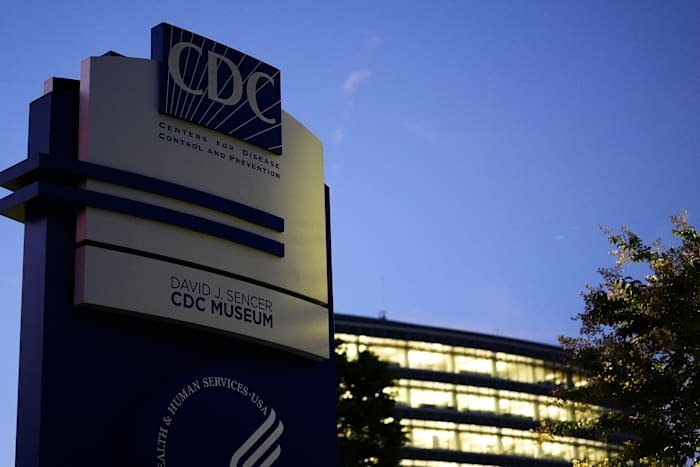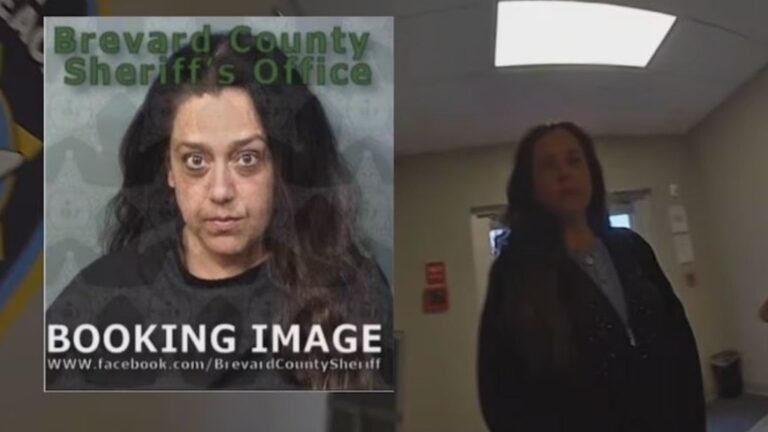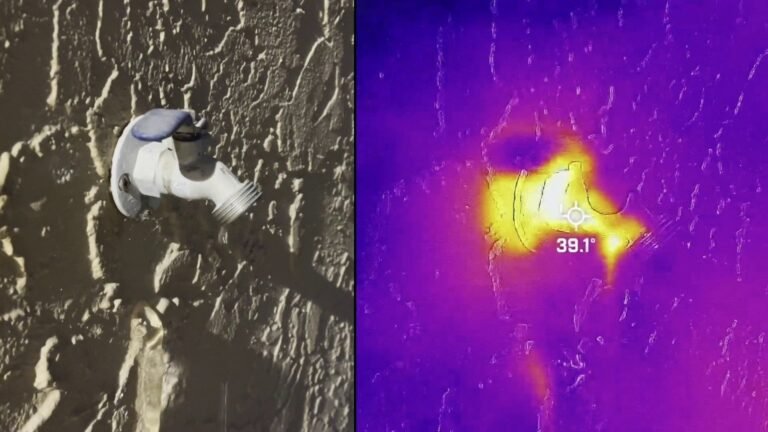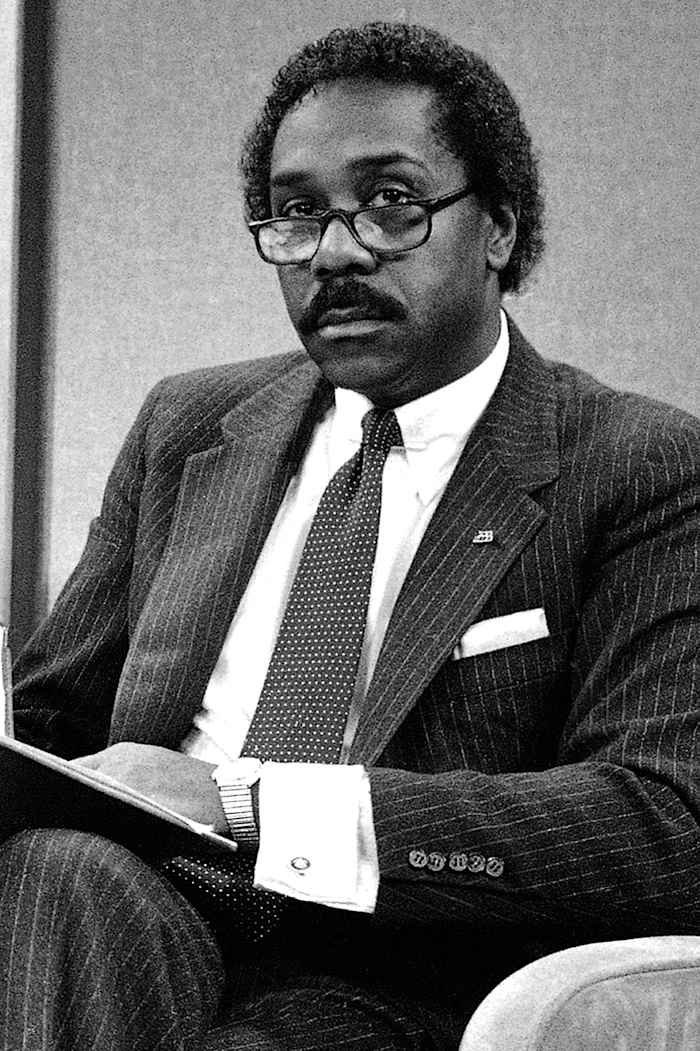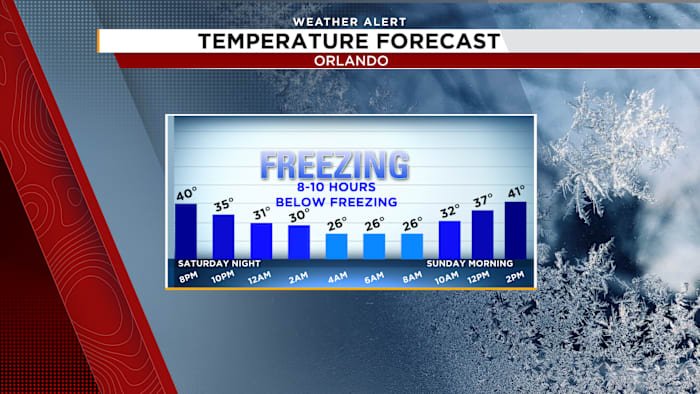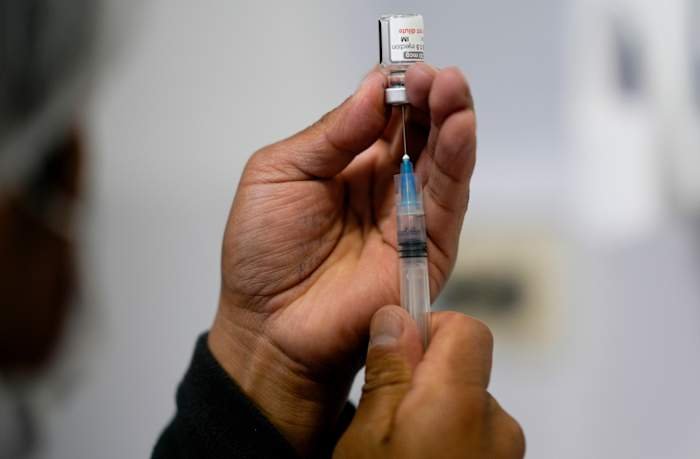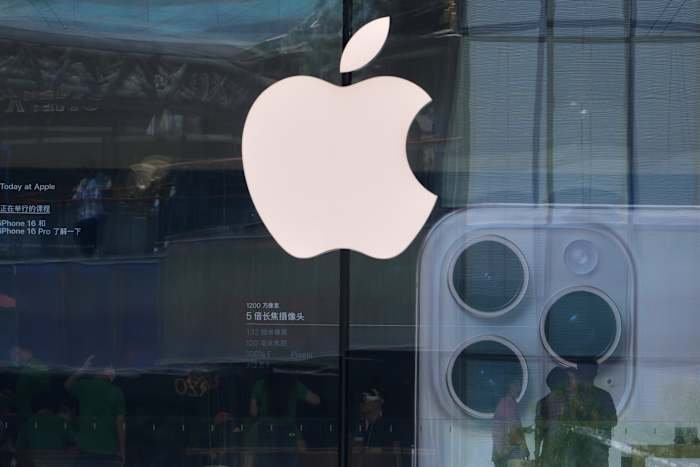In recent months, the Centers for Disease Control and Prevention (CDC) has faced significant internal challenges, leading to a disruption in its crucial role as America’s primary public health watchdog. As the nation’s trust in the agency wavers, scientists, physicians, and independent organizations are stepping in to fill the gaps. For communities like Orlando, the ripple effects are being felt in everything from pandemic preparedness to the tracking of routine illnesses. What does this mean for local residents, and who is picking up the slack?
The CDC’s Ongoing Turmoil: What Happened?
The CDC has long stood as the backbone of public health in the United States, responsible for tracking disease outbreaks, issuing health guidelines, and supporting local health departments. However, internal mismanagement, political interference, and high-profile leadership changes have plunged the agency into a state of chaos. This has resulted in delays or lapses in data collection, public health recommendations, and disease surveillance.
For cities like Orlando, which depend on timely and accurate information to guide community health decisions, the consequences are significant. Public health officials here rely on the CDC’s data to anticipate flu seasons, respond to outbreaks, and allocate resources effectively—so any disruption at the national level quickly trickles down to local agencies.
Who’s Stepping In? The Rise of Independent Monitoring
With the CDC’s functionality in question, a growing number of academic institutions, nonprofit organizations, and private companies are stepping up. Groups like the CovidEstim project at Harvard, Johns Hopkins University’s Coronavirus Resource Center, and even Google’s health teams have launched their own tracking dashboards, modeling tools, and public health advisories.
Here in Orlando, partnerships between local universities and public health departments have become more crucial. The University of Central Florida (UCF), for example, has expanded its public health research to help monitor local disease trends. These efforts aren’t just academic exercises—they directly influence how local hospitals and schools prepare for potential outbreaks, whether it’s COVID-19, measles, or seasonal flu.
Impact on Orlando: Challenges and Opportunities
The uncertainty at the CDC has created both challenges and opportunities for Orlando. On the one hand, local health departments must now vet multiple sources of data to get a clear picture of public health risks. This means more work for already strained staff and raises questions about which data sources can be trusted.
On the other hand, the rise of alternative data providers has fostered innovation. Orlando’s health officials are now able to leverage more granular, localized data than what the CDC typically provided. Real-time data dashboards, wastewater monitoring, and partnerships with private clinics are giving Orlando a more detailed and timely understanding of community health trends. This shift is helping local leaders make faster, more informed decisions—especially when federal guidance is lacking or delayed.
Looking Ahead: Will the CDC Rebound?
Many experts agree that a strong, centralized public health agency is still essential for coordinating responses to national and global health threats. Efforts are underway to reform the CDC, including new leadership appointments and calls for greater transparency. But for now, Orlando and other communities are likely to continue relying on a patchwork of data sources and local collaborations to safeguard public health.
As Orlando looks to the future, the lessons of the past year are clear: flexibility and local initiative are key. By building stronger ties with independent scientists, universities, and healthcare providers, Orlando can stay ahead of the curve—no matter what happens at the federal level.
How Orlando Residents Can Stay Informed
With so many sources of information, it’s more important than ever for Orlando residents to stay vigilant and informed. Here are a few tips:
- Follow updates from the Orange County Department of Health and reputable local news outlets like Daily Orlando News.
- Check university-led public health dashboards for the most current data.
- Ask your healthcare provider about local trends and recommended precautions.
- Be wary of misinformation on social media—stick to trusted sources.
By taking a proactive approach, Orlando residents can help protect themselves and their neighbors, even in a time of uncertainty at the national level.
Conclusion: Your Voice Matters
The upheaval at the CDC has put Orlando’s public health response to the test, but it’s also shown the resilience and adaptability of our local community. As scientists and physicians work to fill the gaps, staying informed and engaged is more important than ever. How has the CDC’s turmoil affected your confidence in public health information? Are you seeing changes in how Orlando handles health updates? Share your thoughts and experiences in the comments below—we want to hear from you!

